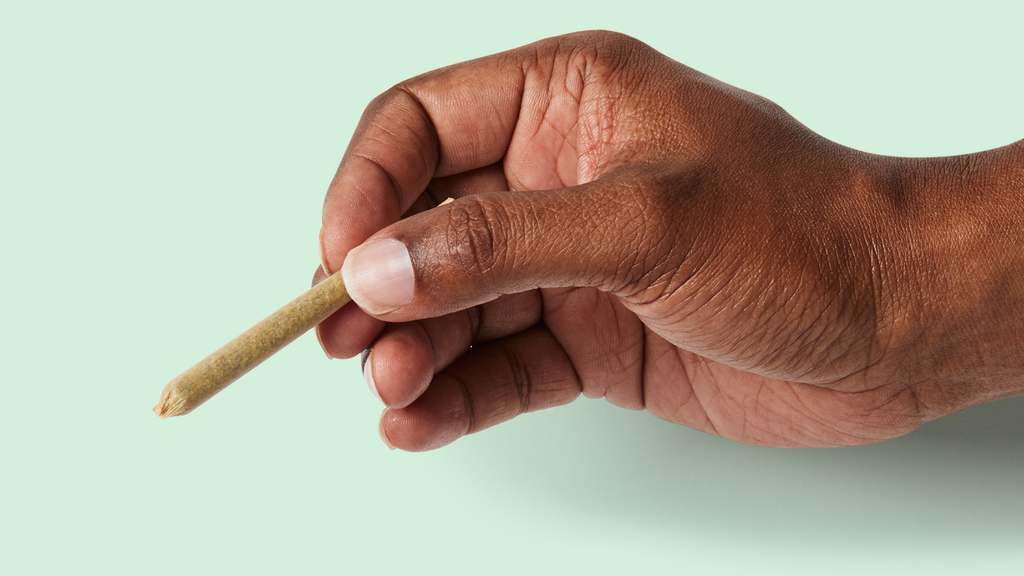Exploring Cannabis Consumption
Whether you’re a cannabis enthusiast or someone who chooses not to partake, the decision to consume cannabis or abstain from it is a personal one with diverse motivations. This article delves into the common reasons behind both choices, shedding light on the factors that influence individuals in their decisions.

Top Reasons for Cannabis Consumption:
Here are some prominent motivations for choosing to indulge:
-
Pleasure: The well-known cannabinoid THC, present in cannabis, stimulates the brain’s reward centres, releasing dopamine. This neurotransmitter is associated with feelings of happiness and serves as the driving force behind the euphoria experienced by many cannabis consumers.
-
Socialising: A 2022 observational study found that cannabis consumers exhibited higher levels of prosocial behaviours, including increased empathy, agreeableness, openness, and fairness compared to non-consumers. Some individuals identify as social cannabis consumers, finding enjoyment and connection through shared experiences.
-
Spiritual or Religious Purposes: Cannabis has been used for centuries across various cultures for spiritual or religious purposes. Users credit the plant with expanding awareness and fostering a sense of wonder or awe, possibly linked to THC’s effects on the amygdala, a crucial part of emotional processing in the brain.
-
Relaxation: Real-time observational studies indicate that some cannabis consumers experience a sense of relaxation after consumption. The anxiolytic effects of cannabis, particularly with lower doses of THC and most CBD doses, are well-documented, offering stress relief for some individuals.
-
Medical and Therapeutic Reasons: Despite decades of prohibition limiting research, emerging evidence suggests cannabis may be beneficial for treating pain, nausea, vomiting, appetite stimulation, and conditions like multiple sclerosis-related spasticity and epilepsy. Consultation with a medical professional is crucial for those considering cannabis for therapeutic purposes.
Top Reasons for Choosing Not to Consume Cannabis:
Cannabis is not universally appealing, and various personal, social, and medical factors influence the decision to abstain. Here are some common reasons:
-
Lack of Interest: For some individuals, there’s simply no interest in cannabis. Personal preferences and individual decisions shape choices regarding health and substance use.
-
Health and Mental Health Risks: Individuals with a family history of schizophrenia or psychosis may avoid cannabis due to its potential to trigger or exacerbate mental illnesses. Additionally, concerns about maintaining lung health, particularly related to smoking cannabis, can be a deterrent.
-
Interactions with Other Drugs and Medications: Cannabis can interact with various drugs and medications, leading some individuals to avoid it. Concerns about unpredictable effects, intoxication risks, and interactions with substances like alcohol or specific medications are valid reasons for abstaining.
-
Stigma: Historical anti-cannabis messaging, particularly during the war on drugs era, has contributed to stigma surrounding cannabis consumption. This stigma, impacting racialised communities, may influence some individuals to abstain.
Considerations Before Cannabis Consumption:
Before deciding to consume cannabis, individuals should reflect on several factors, including their intentions, mental and physical well-being, daily activities, potential interactions with other substances, and understanding of the effects on health. Engaging in informed decision-making is crucial.
Harm-Reduction Practices:
While the relationship between cannabis and mental health is complex, choosing lower-dosed products can mitigate negative effects such as paranoia and anxiety. Harm-reduction strategies, such as starting with low doses and proceeding slowly, are recommended for a mindful approach to cannabis consumption.
